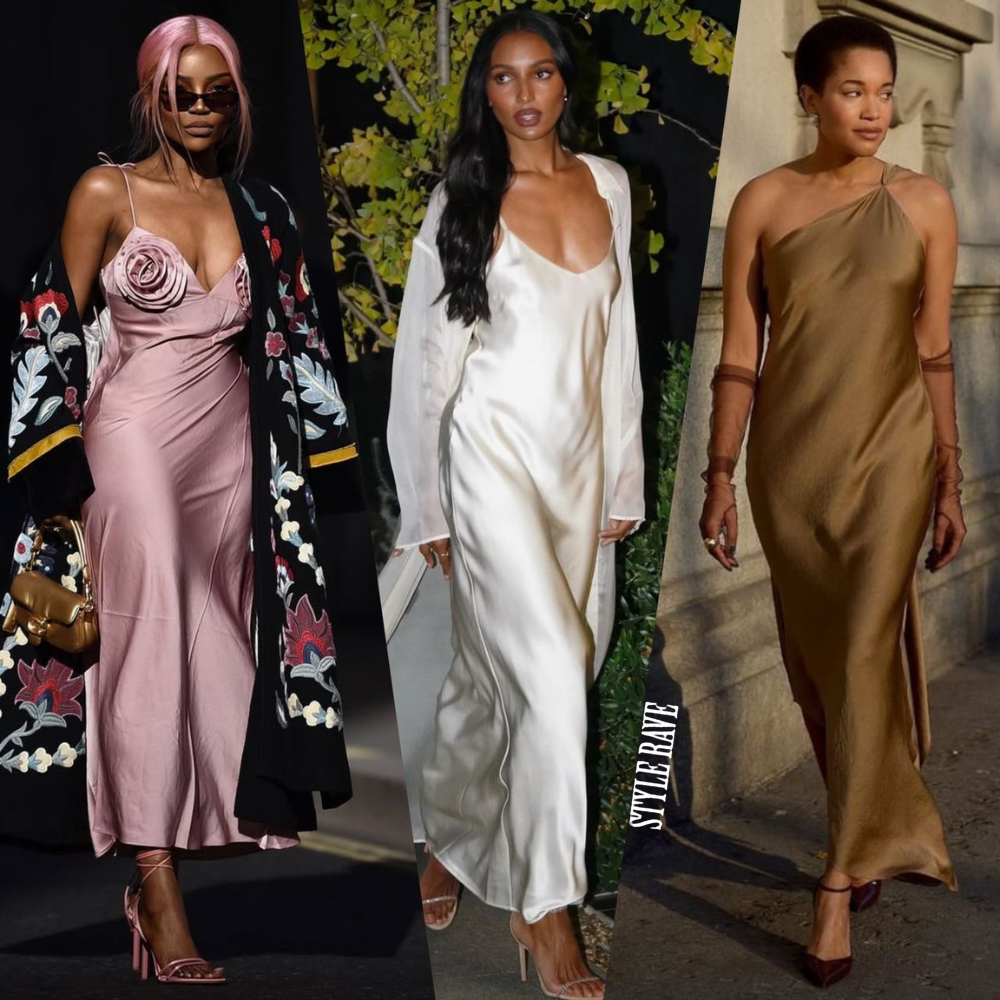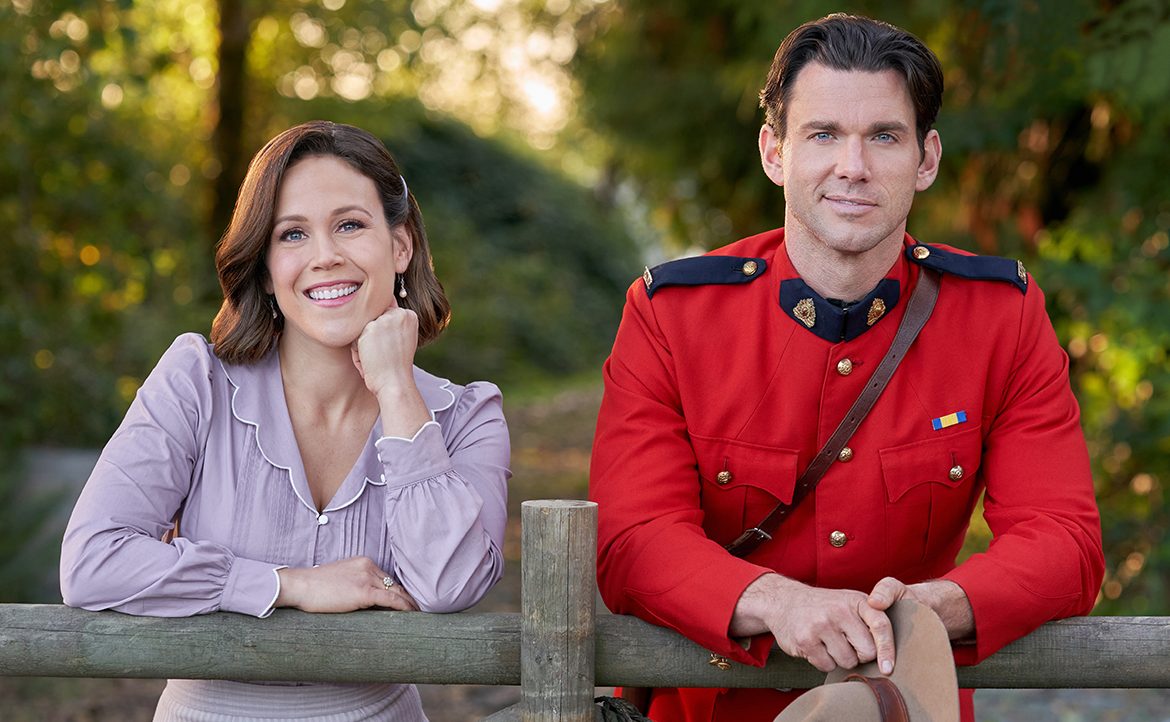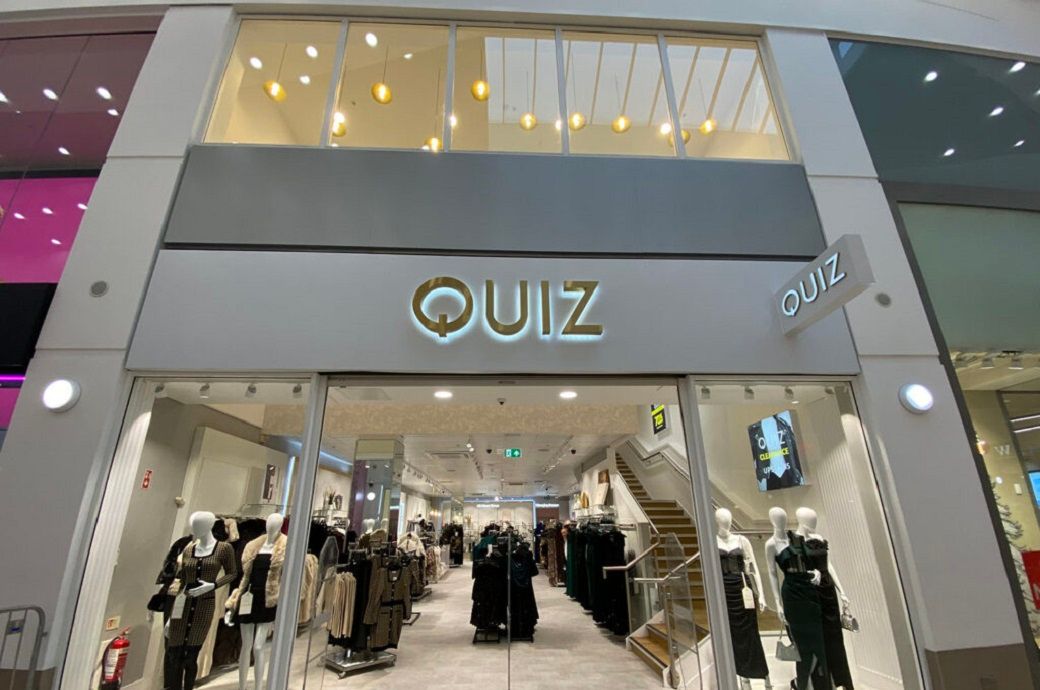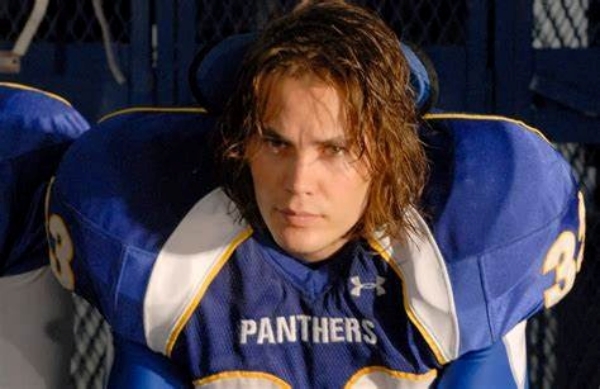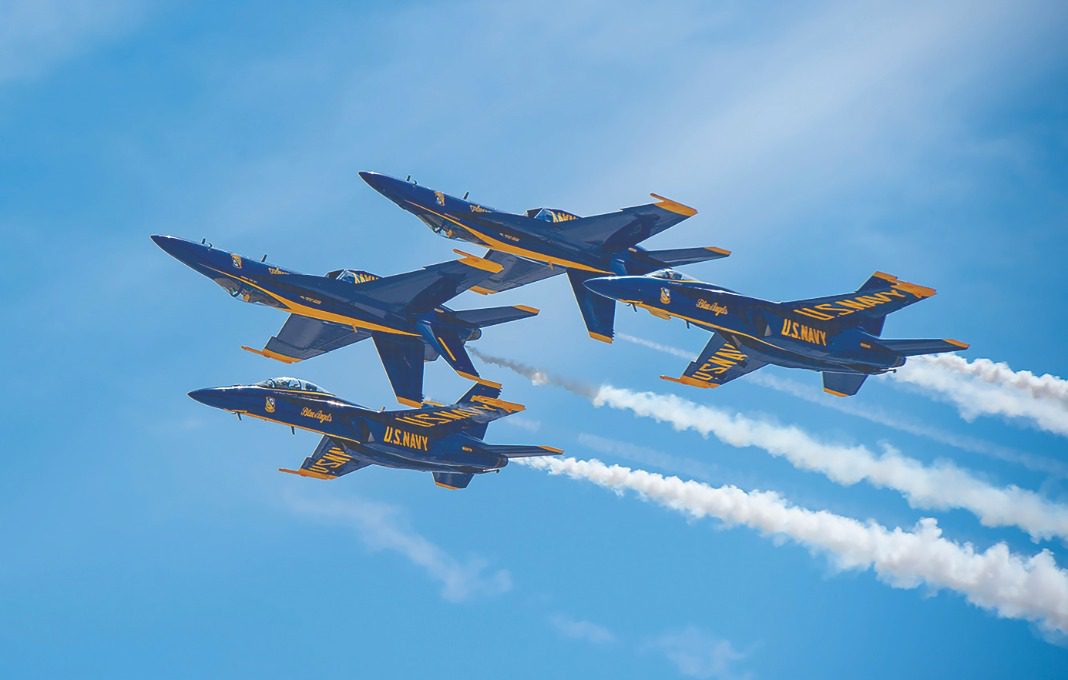When the digital age began, one of the attractions was the promise of an easier life — information more readily available, machines doing math problems, the possibility of shorter work weeks and lives of leisure.
Instead, of course, the world is simply more complicated. Employers expect higher output, easy information creates distraction, and the combination of multiple phone numbers, email addresses and social media accounts means a constant barrage of spam and misinformation. It’s easy to understand why a big chunk of the population would prefer to turn back the clock in one or more aspects of life. And that’s a sentiment at the heart of Tyler Hubbard’s newest single, “Back Then Right Now.”
“I think there’s an undertone of a life lived less complicated, more simple,” he says. “And I do think the music, you know, it’s not over-thought. It’s just smooth and easy, and easy to listen to and, hopefully, kind of takes you there sonically.”
The day went fairly smoothly when Hubbard wrote the song in April with David Garcia (“Meant To Be,” “Ghost Story”), Jessie Jo Dillon (“Memory Lane,” “Break Up in the End”) and Geoff Warburton (“But I Got a Beer in My Hand,” “Best Thing Since Backroads”) at Garcia’s studio. Warburton arrived about a half-hour early to work on musical ideas, and they landed on one built mostly around two simple chords.
“His guitar collection, they’re some of my favorites to play, but he handed me a new one that was in a strange tuning,” remembers Warburton. “I was excited because that’ll make me play something that’s not difficult, and then he was playing something on the Telecaster, I think. It just lined up perfectly with what I was playing.”
Once the whole group was assembled, they picked that musical foundation over a couple of others, then fished for a lyrical theme or story that would match the tone. Dillon brought up “Back Then Right Now,” a title she had logged in her phone after a trip to East Tennessee, where her uncle was frustrated by his new-model truck.
“He was like, ‘I could use a little back then right now,’ ” she recalls. “I was like, ‘Oh, my God, that’s such a great song title.’ And so I wrote it down, and that day we wrote it, that was the first title anyone said.”
They tackled the chorus first, planting the title in the first line and at the end, and giving it a compact, rolling melody in between.
“A lot of times if you get too rangy — if the hills are too big and the valleys are too low — sometimes it’s harder to sing or harder to remember,” notes Hubbard.
Once they got the chorus started, they began periodically hopping to the verses. Hubbard turned the title’s “back then” to a recurring “back when,” setting up pieces of the past that have changed: photos are for posting, a Walmart has replaced a fishing spot, and the stick shift has all but disappeared.
“Some of that ‘back then,’ we could probably stand to learn something from that,” Garcia says. “Turns out that if you slow down a little bit, you might enjoy this gift we have of life a little bit more.”
Accordingly, they balanced out some of the surface nostalgia with points of deeper meaning. One of the places where they struggled with that was the chorus’ setup line. Hubbard eventually pulled out “makin’ life count,” a sort of stealth reminder to live in the moment.
“Dave is really good at music stuff, lyrics as well, but he’s a really good leader of ‘You know, that might not feel right,’” notes Warburton. “He was saying a couple of times, ‘That line’s not right, that line’s not right, still not right.’ And then we just kept throwing out lines. I think Tyler had that line, and that really sort of tied it in a bow for us.”
Well, almost. They decided it needed a bridge, though staying with the song’s simple theme, they kept the same chord progression and made the section short, reemphasizing how life was lived in the moment in more innocent times.
“We were more interested in the melody doing something than we were in giving more information,” Dillon recalls. “We kind of felt like we had said what we wanted to say already, and so it kind of became about wanting to change the mood a little bit melodically.”
Garcia finished the demo overnight, keeping that smooth foundation, and Hubbard used it to introduce “Back Then Right Now” to his co-producer, Jordan M. Schmidt (Mitchell Tenpenny, Ingrid Andress). The demo was strong enough that when they tracked it at Sound Stage, they played it once for the musicians and let them decide what enhancements might work.
“They did a great job — you gain a couple of new things that were really cool that weren’t there before versus just settling with where it was,” says Garcia. “When we heard the final, I was stoked, man. It just sounded so good.”
One key upgrade came in the verses. Jonny Fung inserted pulsing eighth notes on electric guitar, creating extra motion and tying into the “back then” title by approximating a sound familiar on such ’80s throwback titles as The Police’s “Every Breath You Take,” Mike + The Mechanics’ “All I Need Is a Miracle” or Fleetwood Mac’s “Everywhere.” Schmidt stacked at least two — maybe more — threads of that part to get a chunky sound.
“We probably threw about 50 guitars on there,” Schmidt exaggerates. “I don’t really know, but it’s never just one.”
Garcia’s demo had used a 16-second intro — long by 2023 standards — and the final version kept that format, but slipped the title in over the top to introduce the hook up front. That was also a step toward ’80s sensibilities, when Exile’s “I Can’t Get Close Enough,” Don Williams’ “Lord, I Hope This Day Is Good” and Ronnie Milsap’s “Stranger in My House” all employed intros that exceeded 20 seconds.
“Sometimes I feel like the intro can really help set the mood,” says Schmidt. “Why does every song’s vocal need to start at six seconds and the chorus needs to hit by 36 seconds? That’s when it kind of gets a little too mathematical. I understand there’s a game to play. But at the end of the day, a great song is a great song. You know, ‘Stairway to Heaven’ [with a two-minute intro] was a hit. Maybe you’ve heard of ‘Hotel California’ [with a one-minute-plus intro]?”
Drummer Nir Z made the short bridge even more meaningful, dropping into a halftime feel for a couple of bars before returning to the original rhythm, as if the song was stuck in the past for a bit before kicking itself back into the now. Fung played a guitar solo, though Schmidt had second thoughts and asked him to try something else later; Fung overdubbed a Dobro solo at home. Hubbard made a minor change in the lyric, too, revising a reference to “asphalt” in the opening line to “blacktop,” creating an internal rhyme with “back” and “black.”
Hubbard had several contenders for his next single, but EMI Nashville ultimately went with “Back Then Right Now,” shipping it to radio on Sept. 7 via PlayMPE. It ranks at No. 38 after five weeks on the Country Airplay chart dated Oct. 21.
“At the end of the day, this feels unique right now for the format, but also familiar and nostalgic,” Hubbard reasons. “It’s sort of like a good second cousin to ‘Dancin’ in the Country.’ I just felt like it was a good follow-up to that.”























































![Social Media Spring Cleaning [Infographic] Social Media Spring Cleaning [Infographic]](https://imgproxy.divecdn.com/9e7sW3TubFHM00yvXe5zvvbhAVriJiGqS8xmVFLPC6s/g:ce/rs:fit:770:435/Z3M6Ly9kaXZlc2l0ZS1zdG9yYWdlL2RpdmVpbWFnZS9zb2NpYWxfc3ByaW5nX2NsZWFuaW5nMi5wbmc=.webp)
![5 Ways to Improve Your LinkedIn Marketing Efforts in 2025 [Infographic] 5 Ways to Improve Your LinkedIn Marketing Efforts in 2025 [Infographic]](https://imgproxy.divecdn.com/Hv-m77iIkXSAtB3IEwA3XAuouMwkZApIeDGDnLy5Yhs/g:ce/rs:fit:770:435/Z3M6Ly9kaXZlc2l0ZS1zdG9yYWdlL2RpdmVpbWFnZS9saW5rZWRpbl9zdHJhdGVneV9pbmZvMi5wbmc=.webp)











